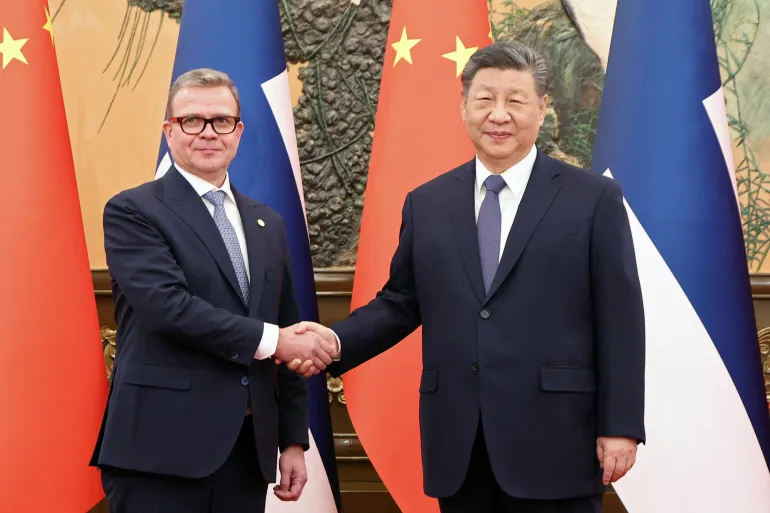South Korea is considering a major regulatory shift that could revolutionize its foreign exchange market: scrapping the requirement for human supervision of algorithm-based won trading, Bloomberg reports.
Currently, financial institutions are mandated to have a dealer oversee even automated trading platforms, effectively hindering overnight operations.
The Finance Ministry, aiming to boost trading volume and flexibility, is actively exploring this change. You Chang-yeon, Director of International Finance, said on Friday that the move would allow for increased trading via computer algorithms during nighttime hours when human staff are typically absent.
This potential reform stands to benefit both foreign investment banks operating in Seoul and South Korean export companies seeking to facilitate currency trades with overseas branches during non-business hours.
The Ministry also reiterated its commitment to extending won trading hours around the clock, although a timeframe remains unspecified. Earlier this year, the onshore trading hours for the won were already expanded to 2 a.m. local time from 3:30 p.m., resulting in a near doubling of trade volume since August.










The latest news in your social feeds
Subscribe to our social media platforms to stay tuned